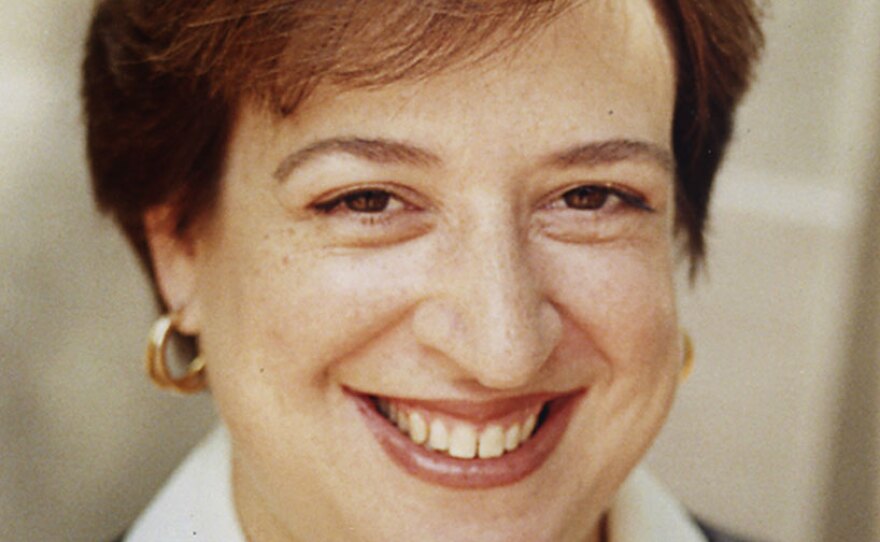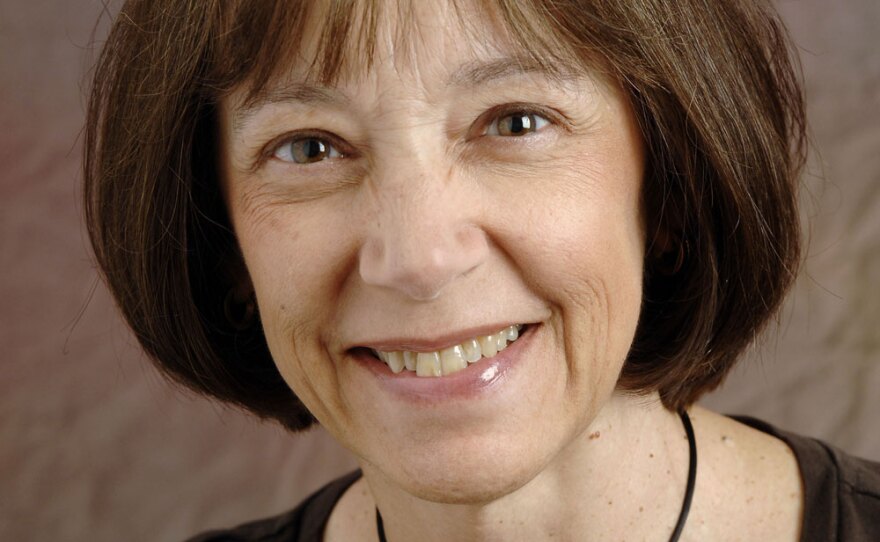When a Supreme Court retirement is as widely anticipated as that of Justice John Paul Stevens, the list of prospective successors is bound to be public.
In the Stevens case, the list is also remarkably short. While other prospects may well emerge, most observers expect an announcement from the White House soon and expect the Senate will begin considering the nomination of one of three finalists: Elena Kagan, solicitor general of the United States; and Diane Wood and Merrick Garland, both federal appeals judges.
Although he was appointed by Republican President Gerald Ford in 1975, Stevens grew to be the dean of the court's liberal wing. Either Kagan or Wood would be viewed as close to Stevens ideologically — at least, to the Stevens who resisted the court's rightward shift over the past 30 years. Garland is seen as more of a moderate in today's judicial climate, meaning that he might play a role similar to that which Ford envisioned for Stevens 35 years ago.
And unlike the longer list of prospects for the high court that circulated a year ago, prior to the nomination of Sonia Sotomayor, this brief catalog includes no minorities.

Kagan, 49, is the voice of the Obama administration before the Supreme Court, speaking for the government when a case requires it and frequently matching wits with the nine members of the current court. In such exchanges, Kagan has been both agile and sharp — at times even abrupt. Last year, in response to a point by Justice Antonin Scalia, Kagan replied: "I think, Justice Scalia, it's wrong."
Kagan, often mentioned as the odds-on favorite for the Stevens slot, is a former dean of the Harvard Law School, where she was renowned for de-escalating the long-running ideological wars between faculty factions. That would be a useful skill on the court, where Stevens had a reputation for doing much the same and for forming coalitions among colleagues.
Kagan's relative youth is also a major asset, as presidents in recent decades have appointed justices with an eye toward longevity on the court. She grew up in New York City and took degrees from Princeton, Oxford and the Harvard Law School. She clerked for an appellate judge and for Supreme Court Justice Thurgood Marshall. (Read an in-depth profile of Kagan.)

Wood, 59, is a federal appeals judge on the 7th Circuit, which sits in Chicago. A native of New Jersey, she grew up in Houston and attended the University of Texas and its law school, becoming acquainted with President Obama when both taught at the University of Chicago Law School.
Along the way, she clerked for an appellate judge and for Supreme Court Justice Harry Blackmun, who wrote the Roe v. Wade decision legalizing abortion nationwide in 1973. Wood has also been involved in abortion case decisions as an appeals judge, including two that have been overturned by the Supreme Court.
Wood was appointed to the circuit court by President Bill Clinton in 1995. In her service there, she has been known as an able intellectual adversary to the well-known and formidable conservative jurists on her circuit, such as Richard Posner. If appointed, she would replace Stevens as the only Protestant on the high court. (Both Kagan and Garland are Jewish.)

Garland, 57, is also a federal appeals judge, serving on the Circuit for the District of Columbia. A highly visible panel that often handles cases in which the federal government is a party, the D.C. Circuit has been called "the little Supreme Court" both for that reason and because its members have often been tapped for the Supreme Court itself.
Garland grew up in the suburbs of Chicago and graduated first in the Harvard class of 1974, before attending Harvard Law School and clerking for Supreme Court Justice William Brennan. Garland was special assistant to the U.S. attorney general from 1979 to 1981 and assistant U.S. attorney for the District of Columbia from 1989 to 1992. He has also taught antitrust law at Harvard Law School.
Garland has served the government under presidents from both parties and is considered a judicial moderate, and he is thought to have more support among Republican senators than either Kagan or Wood or, for that matter, President Obama's first appointment to the court, Justice Sonia Sotomayor, who was confirmed last year.
Copyright 2022 NPR. To see more, visit https://www.npr.org. 9(MDAzMjM2NDYzMDEyMzc1Njk5NjAxNzY3OQ001))







